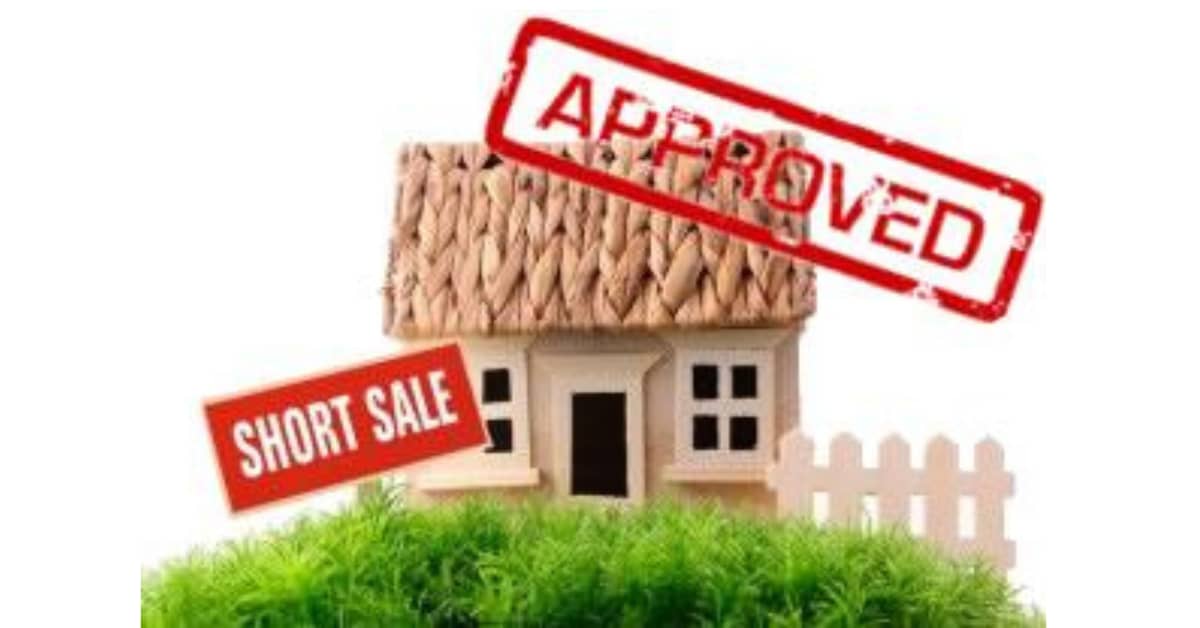As a seasoned Realtor In Orlando who has guided countless clients through the tricky waters of short sales, I’ve seen the rise and fall of this market strategy over the years. But now, in 2025, the question on everyone’s mind is: Are short sales making a comeback? Let’s dive into the data, the market signals, and what it means for buyers, sellers, and real estate professionals alike.
Understanding Short Sales: A Quick Refresher
For those new to the term, a short sale happens when a homeowner sells their property for less than the amount owed on the mortgage. The lender agrees to accept a reduced payoff amount to avoid the more costly and time-consuming foreclosure process.
Short sales were incredibly common during the 2008 housing crash, but as the market recovered, they became less frequent. In recent years, they’ve been more of a rare bird than a flock. But times are changing—again.
Why 2025 Feels Familiar: Déjà Vu or New Reality?
We’re starting to see signs that echo the early days of the 2008 crisis. Interest rates surged in the past two years, inflation took a toll on everyday affordability, and some homeowners who bought during the high-flying pandemic era are now underwater on their mortgages. Combine that with job market shifts in certain industries, and the perfect storm is brewing for distressed property scenarios.
But unlike 2008, today’s economy isn’t completely broken. In fact, many regions still show strong job growth and real estate resilience. So, are short sales becoming widespread again? Not yet. But the increase is real—and worth watching.
What the Numbers Say
According to recent MLS data, short sale listings have increased by nearly 20% nationally since Q4 of 2024. In some hard-hit areas, such as parts of California, Nevada, and Florida, the jump is even more dramatic. We’re talking 40-50% increases in distressed sales over the past year alone.
From a Realtor’s point of view, this uptick isn’t just a blip. It’s a signal. Lenders are also beginning to ramp up their loss mitigation departments, which is often a sign they’re preparing for more short sales and loan modifications.
Who’s Affected the Most?
Not surprisingly, recent homebuyers—especially those who purchased between 2021 and 2023 at peak prices—are among the most vulnerable. Many stretched their finances to qualify for their dream homes, often with low down payments. Fast forward to 2025, and a lot of these homes aren’t worth what was paid, particularly in over-inflated urban markets.
Also, homeowners who took out adjustable-rate mortgages (ARMs) are feeling the pinch. As those rates adjust upward, monthly payments become unmanageable, pushing some to consider short sales as a way out.
How Buyers Can Benefit from the Short Sale Surge
If you’re a buyer, this could be a golden window of opportunity. Short sales typically come with discounted prices, and though the process takes longer than traditional sales, the payoff can be significant. But be warned—it’s not a DIY project. You need an experienced short sale Realtor on your team who knows how to negotiate with banks, navigate red tape, and avoid the common pitfalls.
Also, with more short sales in the mix, buyers may face less competition than in the hyper-competitive traditional market. That’s a breath of fresh air after the bidding wars of the past few years.
What Sellers Need to Know
If you’re a homeowner who’s struggling financially or facing potential foreclosure, a short sale could be your best alternative. It’s far less damaging to your credit than a foreclosure and allows you to walk away with more dignity—and potentially less long-term financial fallout.
But timing is everything. The earlier you act, the more options you have. Lenders are far more likely to approve a short sale if you’re proactive rather than reactive.
Also, working with a Realtor who specializes in short sales is non-negotiable. We know the process, the paperwork, and most importantly, we know how to talk to banks. And trust me, that makes all the difference.
The Realtor’s Role: Why Expertise Matters More Than Ever
This isn’t just a “put the sign in the yard and wait” kind of market. Short sales require a strategic, tactical approach. As a Realtor deeply entrenched in this niche, I spend as much time communicating with lenders and negotiating terms as I do marketing the property.
Our job is to make the process as seamless as possible for both sides. From pre-listing assessments to BPO coordination, hardship package submissions to closing table negotiations—every step matters. And in a rising short sale market, that expertise will separate the successful sales from the drawn-out disasters.
Looking Ahead: Will Short Sales Dominate Again?
While we’re seeing an upward trend in short sales, this isn’t 2008 all over again. Lending standards have been tighter, and homeowners aren’t quite as over-leveraged as they were back then. But that doesn’t mean we’re out of the woods.
If interest rates stay high, job markets tighten, and home values continue to fluctuate, short sales could very well become a mainstream exit strategy for distressed homeowners once more.
As a Realtor, I believe we’re heading into a more balanced—but still complex—market. Those who prepare, stay informed, and adapt will come out ahead. Whether you’re a buyer looking for a deal, a seller facing hardship, or an investor ready to jump in, the short sale market in 2025 deserves your full attention.
Final Thoughts
Short sales in Orlando are no longer a relic of the past—they’re slowly creeping back into the real estate scene in 2025. And while they won’t dominate the market like in the Great Recession era, they’re becoming increasingly relevant in today’s high-stakes housing environment.
If you’re considering a short sale, or think it might be your only option, don’t wait until foreclosure looms. Reach out, get the right guidance, and start the conversation early. A short sale doesn’t have to be the end—it can be the beginning of a fresh financial chapter.


